

POLICY PERSPECTIVE
As we approach Independence Day this weekend during a COVID-19 pandemic that is resurgent in 37 of 50 of the United States we recognize that good health and good policy go hand in hand. Strong local, state, and federal leadership, public health policy, scientific research policy, and nimble regulatory policies are as necessary as medical care itself to ensure that people are healthy enough to enjoy their freedoms and exercise their corresponding responsibilities to their fellow citizens.
This past month the Trump administration urged the Supreme Court to invalidate the Affordable Care Act (ACA), shining the spotlight once more on health care even as the world continues to grapple with the coronavirus pandemic’s impact. Before the Coronavirus pandemic, nearly 31 million Americans didn’t have health insurance. This number has only ballooned as the pandemic grew and swept over the world.
This crisis has naturally caused a major shift in the insurance landscape, and posed the question, how must we reimagine this landscape going forward?
Outside of the direct repercussions of a pandemic, the world, and especially the United States, have now firmly entered an economic crisis. Nearly 27 million more Americans may have lost workplace coverage in almost three months since coronavirus-related shutdowns first took hold. Forty percent of Americans continue to be unprepared to cover a surprise medical expense. For the first time during an economic crisis, the ACA’s insurance marketplaces and Medicaid expansion could serve as a safety net for many of the newly uninsured.
Many liver disease patients rely on a strong safety net in the best of times to ensure access to affordable and comprehensive care. This point is only underlined when we acknowledge that liver transplantation recipients in the United States have low rates of paid employment, making many eligible for ACA and Medicaid public health insurance after transplant. This crisis has shown the need to reinforce and even build upon the ACA and Medicaid safety net has never been more urgent.
The new numbers from the CDC’s National Health Interview Survey underscore the stark disparity in uninsured rates between states that expanded Medicaid and the 13 that haven’t. Even in a healthy economy with low unemployment rates last year, working-age adults in non expansion states were twice as likely to be uninsured than those in expansion states. This is why we applaud the actions of Oklahoma voters who just last week went against many of their Congressional leaders, and narrowly approved a ballot measure making their state the first to expand Medicaid during the pandemic.
Given the current and continuous health risks facing all people, especially individuals impacted by liver disease, and the importance of uninterrupted care, access to health coverage after loss of employment is critical. Health care coverage is the vital safety net that provides important protection against catastrophic health costs and facilitates access to needed care. It is crucial that as we reimagine the health insurance landscape we consider the necessity of some sort of basic level coverage for all.

Donna R. Cryer, JD
President & CEO
Global Liver Institute
FDA Issues Complete Response Letter on OCA
The liver community has been taken aback by the FDA’s unexpected issuance of a complete response letter to Intercept Pharmaceuticals denying the company accelerated approval while encouraging the continuation of their outcomes study. Patient expectations were also dashed. Patients have been denied their first opportunity to speak at an Advisory Board meeting to discuss the need to have therapies that stop liver fibrosis progression and to provide their perspectives on the balance between treatment risks and benefits. Multiple companies working on a variety of innovative NASH therapies may also now be confused regarding the design of their own NASH research programs. Scheduled meetings on value as well as payer discussions have been cancelled.
On behalf of liver patients and three other NASH patient organizations, GLI has submitted a formal request for a meeting with the FDA’s Hepatology Division and Nutrition leadership. GLI’s long-standing advocacy goal is establishment of shared expectations, trust, reliability, and relationships between this newly formed FDA Division and the liver community. There is now urgency to clarify FDA thinking on the validity of NASH clinical trial endpoints, understanding of acceptable risk-benefit tradeoffs from the patient perspective, and the role of non-invasive diagnostic technologies in clinical trials among other questions. Overall, GLI is guided by the very urgent need for new NASH treatments for patients who are among the burgeoning worldwide NASH public health problem.
Additional Resources: NASH Tsunami podcast featuring GLI Board Member, former GI Division Director Dr. Brian Harvey
COVID-19 Response Program for Liver Patients: New Update Addresses Workplace Concerns
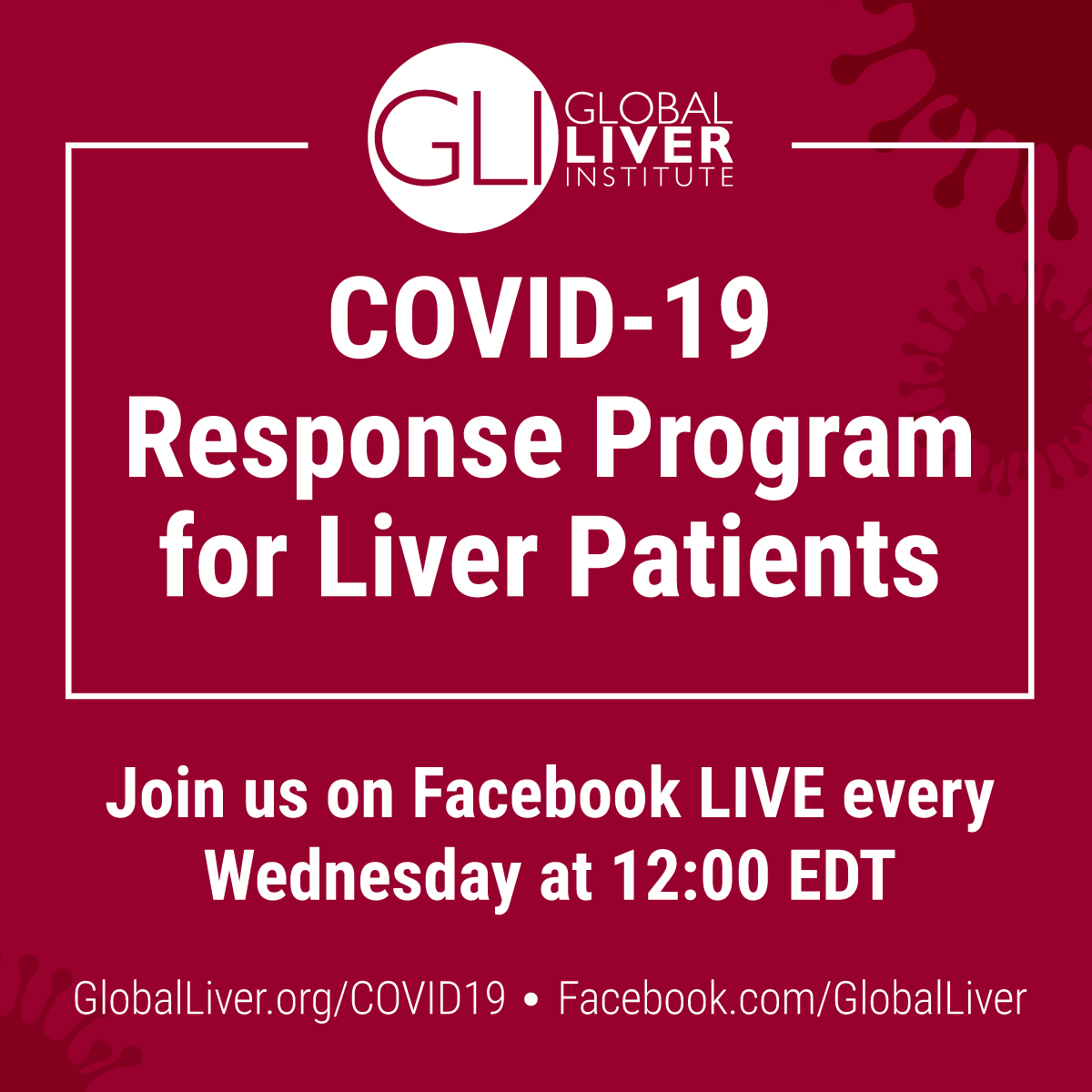
GLI continues to research and update information about COVID-19 specifically addressing the needs and concerns of liver patients, particularly those who are immuno-suppressed, immuno-compromised, and who have chronic liver conditions. Recently GLI published a new edition of its COVID-19 updates, addressing issues patients face in considering or being asked to return to work. Please check here for all of our COVID-19 Response resources and join GLI LIVE weekly on Wednesdays at 12:00 p.m. EDT on GLI’s Facebook page. The July 1 episode features a lively discussion with Donna Cryer and AASLD president, Dr. Jorge Bezerra.
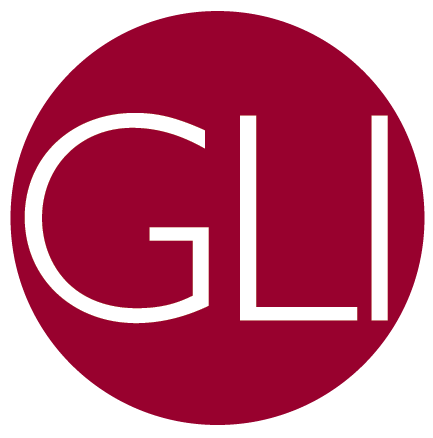
POLICY DEVELOPMENTS AT GLI
International NASH Day™ June 12, 2020
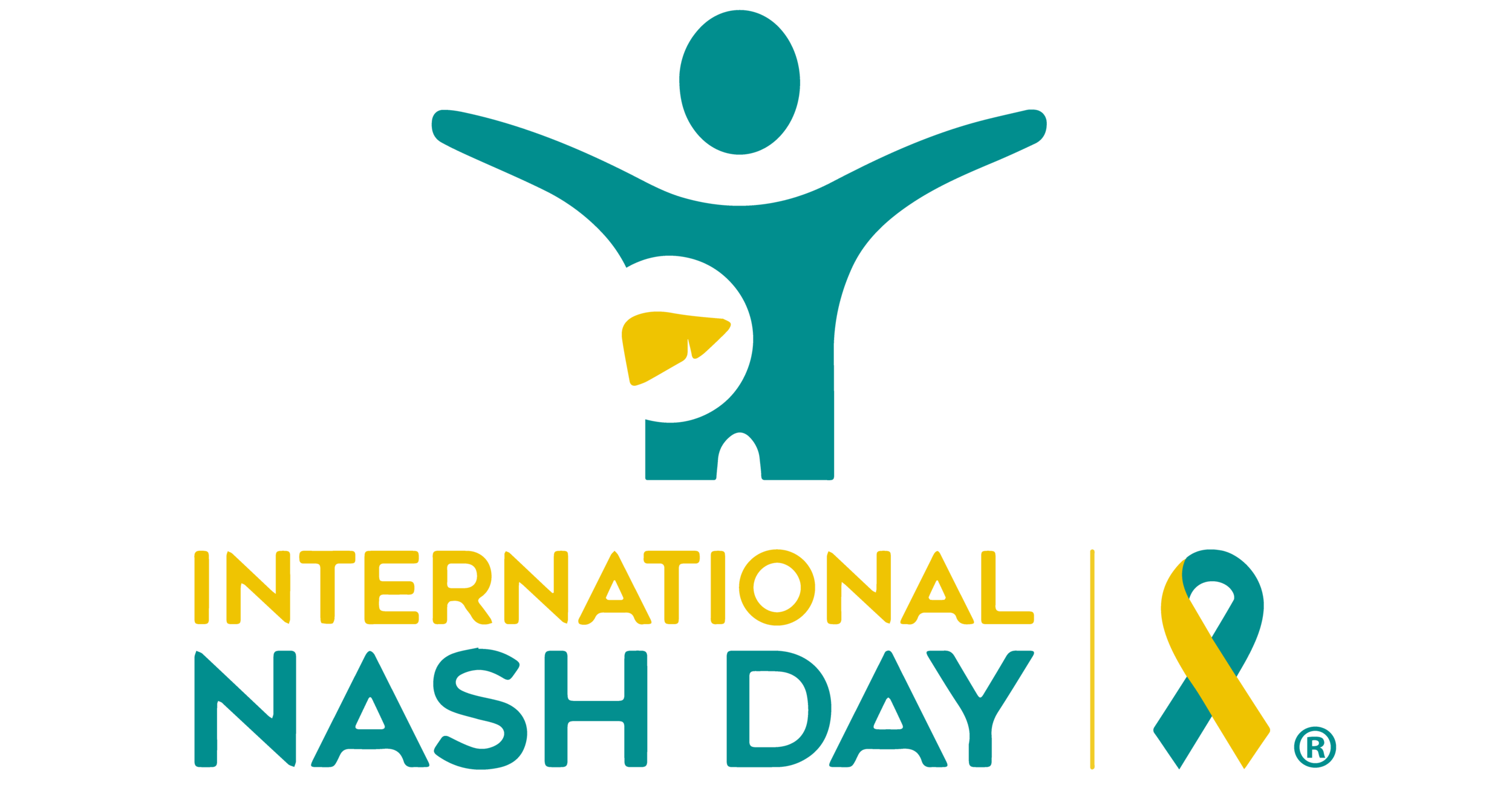
The Global Liver Institute was privileged to lead International NASH Day (IND) globally. IND was transformed into a virtual multi-platform experience that increased awareness about nonalcoholic fatty liver disease (NAFLD), nonalcoholic steatohepatitis (NASH), and the actions people can take to prevent these diseases.
GLI hosted six live panels with important international key opinion leaders (from scientific societies, patients organizations, Universities and research centers): NASH as a Global Public Health Challenge; Pediatric NASH; NASH and Obesity; Beyond the Biopsy: the role of NITs in NASH; NASH and Metabolic Syndrome; NASH and Liver Cancer.
GLI also led the first Virtual International NASH Hill Day. Capitol Hill Days are an invaluable opportunity to connect with United States Members of Congress in Washington, DC. The Virtual Hill Day allowed those who support our shared policy priorities to educate elected officials about the importance of key liver public policy initiatives.
GLI encouraged its peers to urge lawmakers on Capitol Hill to support the LIVER Act, and ask for its inclusion within the next COVID-19 response package. GLI also created several resources to help advocates engage including template emails, phone call talking points, and example tweets.
Please stay tuned for a full International NASH Day outcome report.
GLI Submits Letter on NASH to ICER
This past week Global Liver Institute submitted comments on the Institute for Clinical and Economic Review (ICER) draft evidence report entitled “Obeticholic Acid for the Treatment of Nonalcoholic Steatohepatitis with Fibrosis.”
GLI collaborated with GLI’s NASH Council and found six core issues within the draft evidence report that should be considered and addressed as ICER advances towards a final report:
- Lack of Patient Inclusive Language and Impact on Quality of Life
- Model Assumption: NASH Standard of Care
- Model Assumption: “Gold” Standard Diagnostic
- Model Assumption: Length of Treatment
- Solution at Every Stage
- The Cost of Not Treating NASH
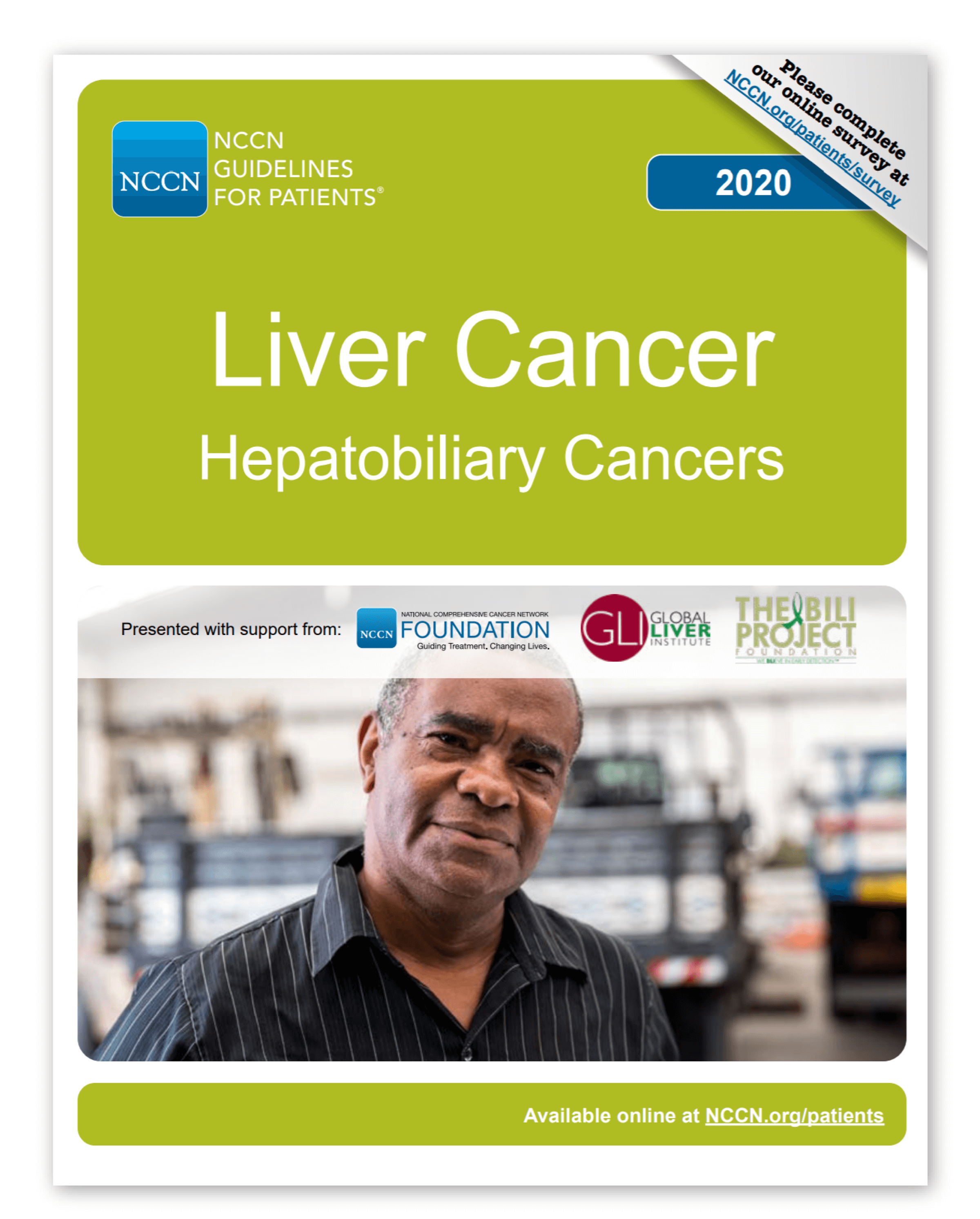
GLI sponsored NCCN Patient Guidelines: Liver Cancer booklet has now been posted to the NCCN site
An essential element of patient empowerment is accessible, actionable, high-quality information. The Global Liver Institute is proud to work with the National Comprehensive Cancer Network (NCCN) Foundation to provide this information to support liver and bile duct cancer patients in the hope that together we can make the cancer journey easier and more successful.
The Liver Cancer booklet has just been made available and is created from NCCN’s evidence-based and expert consensus cancer treatment recommendations for healthcare professionals. Download here.
Removing Barriers to Access during COVID-19
GLI along with other leaders in the GI Community have asked the Trump Administration and the leaders of Congress to temporarily eliminate prior authorization and step therapy requirements for GI-related treatments. This change will allow patients to receive the care they need now by permitting physicians to focus on providing vital care, as opposed to spending countless hours on the phone with insurance companies.
GLI Participates in the AASLD Virtual Hill Day
GLI worked with AASLD to ensure that people living with liver disease are not disproportionately impacted, and do not experience unnecessary or discriminatory health care or treatment disruptions due to important healthcare and public health strategies that are being applied globally to mitigate further spread of COVID-19. COVID-19 also poses a significant risk to patients with underlying liver disease and the public health programs serving these patients have gone under-resourced. They must be addressed in the next COVID relief package to mitigate the risk of COVID-19 and future infectious diseases for these vulnerable patients.
GLI highlighted the following asks for Capitol Hill:
- Support research funding on how COVID-19 impacts patients with liver disease, as well as funding to restart NIH-funded research
- Suspend prior authorization (PA) and step therapy requirements during the public health emergency.
- Support public health programs serving those with underlying liver disease.
GLI collaborates with OCAN and the Obesity Advocacy Community on advocating for Treat and Reduce Obesity Act (TROA) inclusion in next COVID response package
TROA aims to effectively treat and reduce a key comorbidity of chronic liver disease, obesity, in older Americans by enhancing Medicare beneficiaries’ access to healthcare providers that are best suited to provide intensive behavioral therapy (IBT) and by allowing Medicare Part D to cover FDA-approved obesity drugs.
COVID-19 is disrupting the normal life of many Americans and others throughout the world, especially individuals with chronic liver disease and obesity, conditions that often put them at higher risk of the virus and its health consequences. The primary sponsors of TROA (Representatives Kind, Guthrie, Ruiz and Reed) sent a May 8th letter and we echo their support that “updating Medicare’s coverage policies to support the treatment and prevention of obesity should be part of a comprehensive response to COVID-19.”
Advocacy Letters
GLI also collaborated with many other organizations in submitting the following letters highlighting critical policy issues for Members of Congress to keep in mind as they respond to COVID-19.
COVID-19 Letters
Non-COVID-19 Letters GLI Collaborated On:
- Letter Urging HHS to strengthen and affirm the role of CDC
- Letter to Congressional Leadership in support of increased, sustained annual funding for state/local/tribal/territorial public health infrastructure

OPEN ADVOCACY OPPORTUNITIES
Going Virtual: Apply for GLI’s Advanced Advocacy Academy (A3) Class of 2020
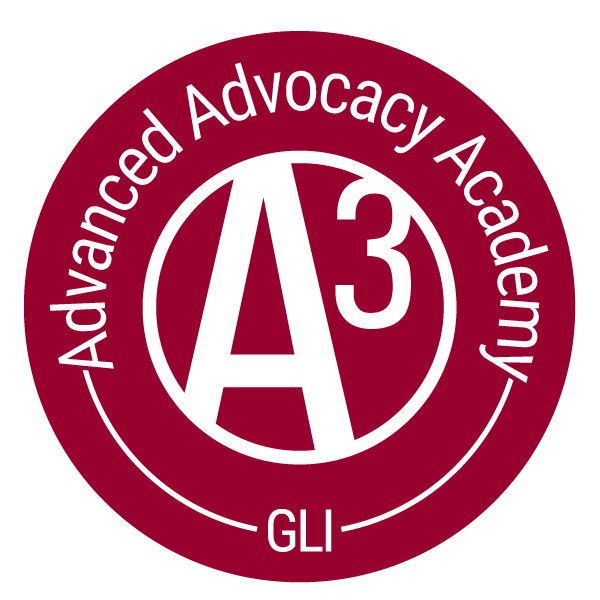
Applications for GLI’s Advanced Advocacy Academy (A3) Class of 2020 are now open! A3 2020 will take place virtually on October 26-30, 2020. That means that the entire program will be presented through interactive, online discussions. An Advokit will be mailed to each participant in advance. This year’s program will offer liver patients, caregivers, and professionals the opportunity to learn from experts in the fields of drug development, clinical trials, state and federal legislation, media and communications, and liver health and disease. The virtual experience will provide a thrilling journey through self-guided didactic learning and engaging live discussions with peers and faculty. If you or someone you know is interested in attending, visit the A3 website to learn more and apply, or email a3@globalliver.org with any questions.
NIDDK Seeks Feedback on Strategic Plan – July 31
NIH’s National Institute of Diabetes and Digestive and Kidney Diseases (NIDDK) issued a March 16 request for information on the institute’s five-year strategic plan. According to the RFI, “The goal of the process is to develop a broad vision for accelerating research into the causes, prevention, and treatment of diseases and conditions within the Institute’s mission,” and focuses on five broad themes for community input. Comments are due by July 31.
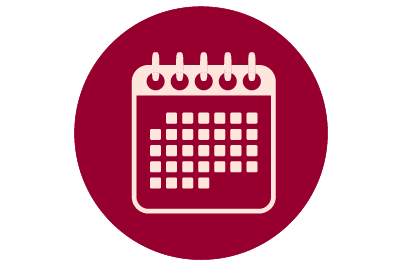
FOR YOUR CALENDAR
All in person events and meetings for the month of July have been cancelled or postponed due to the COVID-19 pandemic. Please take the proper precautions of social distancing to limit large gatherings and to remain healthy and safe!
Let us know about events we can add to our calendar. Send notices to info@globalliver.org.
GLOBAL NEWS
First National Canadian Study Predicts an Escalating Epidemic of Nonalcoholic Fatty Liver Disease
The first-ever Canadian study to forecast the growing burden of NAFLD and its more severe form, NASH, affirms that the liver conditions are an escalating public health issue, with NASH cases increasing by 35 per cent and deaths expected to double to 49,100 (from 24,400 in 2019) in Canada over the next decade. The study, conducted by The Canadian NASH Network (CanNASH), recommends immediate understanding, evaluation and intervention options to “avert the epidemic” of NAFLD-related liver disease in Canada.
According to “Burden of nonalcoholic fatty liver disease in Canada 2019-2030”, published in CMAJ Open, 8(2) (June, 2020), the incidence of serious liver-related consequences as a result of NASH are expected to increase substantially. Cases of end-stage liver disease (liver failure), liver cancer or liver transplantation, are expected to increase by 65 per cent by 2030 (to 578,000 cases from 349,000 cases in 2019). In the next decade, NASH-related liver deaths are expected to account for 11.3 per cent of total deaths in Canada (up from 10.9 per cent in 2019).
U.S. Federal NEWS
NIH scientists develop blood test to help improve liver cancer screening
Scientists have developed a new test that can help identify people who are likely to develop hepatocellular carcinoma (HCC), the most common form of liver cancer. The approach uses a simple blood test to check for the patient’s previous exposure to certain viruses.
HHS Announces New Organ Transplant Guidance
The U.S. Department of Health and Human Services and the U.S. Public Health Service (USPHS) published an updated solid organ transplant guideline to assess donors and monitor recipients for human immunodeficiency virus (HIV), hepatitis B virus, and hepatitis C virus infections. This guideline reflects advances in transplant technology and safety that can increase the number of organs available for transplants.
FDA: Statistical Considerations for Clinical Trials During the COVID-19 Public Health Emergency
The FDA issued guidance for industry entitled, “Statistical Considerations for Clinical Trials During the COVID-19 Public Health Emergency.” To help ensure that the trial will provide interpretable findings with correct statistical quantification of uncertainty, this guidance addresses statistical considerations for proposed changes to trial conduct due to the COVID-19 pandemic that may impact the analysis and interpretation of the primary or key secondary endpoints in the trial.
U.S. Health and Human Services (HHS) to send $25B in aid to safety net health providers
HHS is planning to pay out a combined $25 billion to safety net hospitals and other health providers that predominantly treat Medicaid patients as part of its next round of coronavirus relief.
U.S. Administration considers revamping Centers for Disease Control and Prevention
Trump administration aides in recent weeks have seriously discussed launching an in-depth evaluation of the agency. Part of that audit would include examining more closely the state-by-state death toll to tally only the Americans who died directly of Covid-19 rather than other factors.
U.S. House of Representatives Outlines Plan for Fiscal 2021 Spending Bills
House appropriators will launch a marathon of subcommittee markups on fiscal 2021 spending bills on July 6, followed by full committee markups and consideration of subcommittee allocations on July 9.The markups will allow for both in-person and remote participation from lawmakers. The Senate Appropriations Committee planned to begin markups for fiscal 2021 spending bills before the end of June.
Concerns as Coronavirus Cases Increase among Latino Populations
Nationally, Latinos account for roughly 34 percent of reported coronavirus cases, currently the highest of any racial and ethnic minority group. But the disparities are even more pronounced at state and local levels. From North Carolina to Kansas, Wisconsin to California, Latinos are hit hard, in some states outpacing the number of infections among all other racial and ethnic groups combined.
U.S. NGO News
New NAFLD and NASH Noninvasive Imaging Method
A team led by investigators at Massachusetts General Hospital (MGH) and the Massachusetts Institute of Technology (MIT) recently developed a non-invasive imaging method that has promising clinical potential to screen for certain liver diseases and to monitor these conditions once they’re discovered. The technique uses near-infrared and shortwave-infrared imaging of endogenous lipofuscin and is described in a study published in Nature Biomedical Engineering.
Recent Study Looks at NAFLD and HIV
Almost a quarter of lean people living with HIV had evidence of nonalcoholic fatty liver disease and nearly one in five of them developed substantial liver fibrosis, putting them at higher risk for cirrhosis and liver cancer, according to a recent study.

GRANT OPPORTUNITIES
Mechanisms of Disparities in Chronic Liver Diseases and Cancer. Funding available from the NIH. Application Deadlines: April 1, 2022
Notice of Intent to Publish a Funding Opportunity for Early Liver Transplantation Cohort Study. Funding available from the NIH. Application Deadlines: Future study available in summer 2020
Mechanisms of Alcohol Associated Cancers. Funding available from the NIH. Application Deadlines: September 7, 2020
